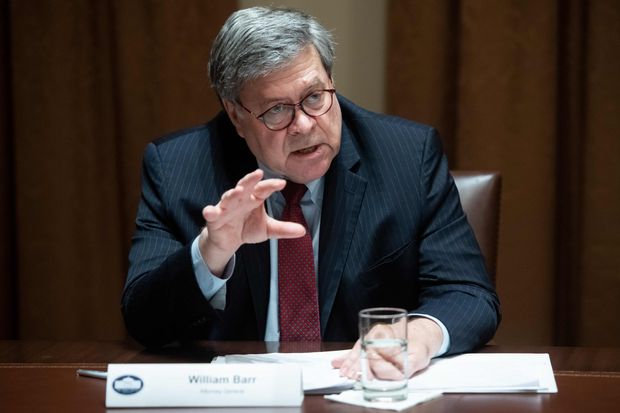By: Fern Sidman
A film review of “Follow Me: The Yoni Netanyahu Story”
In the pantheon of modern Jewish heroes who have carved out an eternal niche for themselves in history through their inherent doughtiness and remarkable dedication, none stand out more than Colonel Yoni Netanyahu. While many of us were ushering in America’s bi-centennial through an endless stream of parties and riveting fireworks displays on July 4, 1976, in a country called Uganda, the frightening specter of terrorism reared its ugly head, as a hijacked Air France flight from Tel Aviv to Paris landed in Entebbe. On board were over 100 Jewish passengers whose lives were almost cut short by their PLO captors, if it were not for the exceptional courage of an Israeli commando unit who defied all logic and pulled off the miraculous raid that spared them.
Amidst the celebrations that followed, the world mourned the single Israeli casualty; 30 year-old Yoni Netanyahu. In the compelling and emotionally charged documentary entitled, “Follow Me: The Yoni Netanyahu Story,” directors Ari Daniel Pinchot and Jonathan Gruber present a searing portrait of his complex life as they take us on a trenchant ride through the last hours of the raid while simultaneously hurtling us back into a simpler era; depicting the childhood, adolescence and young adulthood of the older brother of Israeli Prime Minister Benjamin Netanyahu. “Follow Me” was predicated on a volume of Yoni’s letters, aptly called (“Letters of Jonathan Netanyahu”), many of which were presented to his loved ones during the “shiva” mourning period following his death. As a way of preserving his legacy and special place in Israeli history, his family published them so the world could catch but a small glimpse of his stoic and gentle character.
Constantly shifting between two narrative tracks, the chilling footage of the raid at Entebbe and the sweeter times of Netanyahu’s youth as told to us through old photos and the voices of those who knew and loved him; the true power of this film lies in Yoni’s own words as read by narrator Marton Csokas. His wondrous, intellectually profound and passionately poetic and soulful words speak volumes about a man caught in the midst of personal conflict. Struggling to reconcile his life trajectory and career choices, Yoni is a scholar-warrior, who has studied at Harvard University and has seriously considered a life in the hallowed halls of academia. There is also another Yoni who desperately yearns to feel the sand, sea and sky of his beloved Israel; a country who has his undying fealty.
The filmmakers afford us the opportunity to grasp the larger implications of the everyday life of those seeking their existential survival in this wartorn region, as we learn that Yoni distinguishes himself as a model soldier; inspiring others and gaining the respect of his contemporaries during the Yom Kippur war. As he painfully presents the thoughts ruminating in his head while faced with the dreadful necessity of having to kill a man at close range, Yoni appears to us as a heavy-hearted soldier who is all too human.
As to the very personal side of Yoni, we see an incredibly handsome and charismatic young man who speaks of his feelings, dreams and desires in his love missives to the women in his life, namely his ex-wife Tirza “Tutti” Goodman and the woman he was in a relationship with prior to his untimely death. Speaking of Yoni with rare candor, they both take great pains to describe the man and the vigilant soldier, and it is clear that what he represented to them is indelibly etched in their hearts.
Brimming with palpable emotion, we hear from Yoni’s younger brothers, Binyamin and Iddo, who recall the shared camaraderie of their childhood and their own unique relationship with Yoni. With home movies and still photos as a backdrop, Prime Minister Netanyahu speaks of their days in Philadelphia while their father, a renowned historian, was working on the Encyclopedia Hebraica. “We were truly a ‘band of brothers,'” he says. Especially heartbreaking was his vivid recollections of the moment that he was charged with breaking the tragic news of Yoni’s death to his parents. Among the potpourri of erudite commentators are Yoni’s childhood friends from the Israeli scouts and his army buddies who tell of his exceptional leadership skills; his disciplined, often controversial persona and his multi-dimensional character.
Former Prime Ministers of Israel, Shimon Peres and Ehud Barak also weigh in as they recall Yoni’s intrepid fortitude and tenacity in the face of danger; his willingness to sacrifice and his ability to feel the pain of others. The penetrating last moments of the film tug at our heart strings as they are replete with archival footage of the Entebbe raid and powerful auditory tracks in which we hear of a commander calling, “Yoni, Yoni, Yoni, please respond.”
“Follow Me” is an eloquent testament to a man who embodied a rare and exemplary type of courage, who could open his heart and soul and allow his gentleness to flow freely while never flinching when it came to sacrificing for others. The filmmakers are to be lauded for their prodigiousness in creating this unexpurgated paean to a man who, with such great ease, stood out from the rest.
















